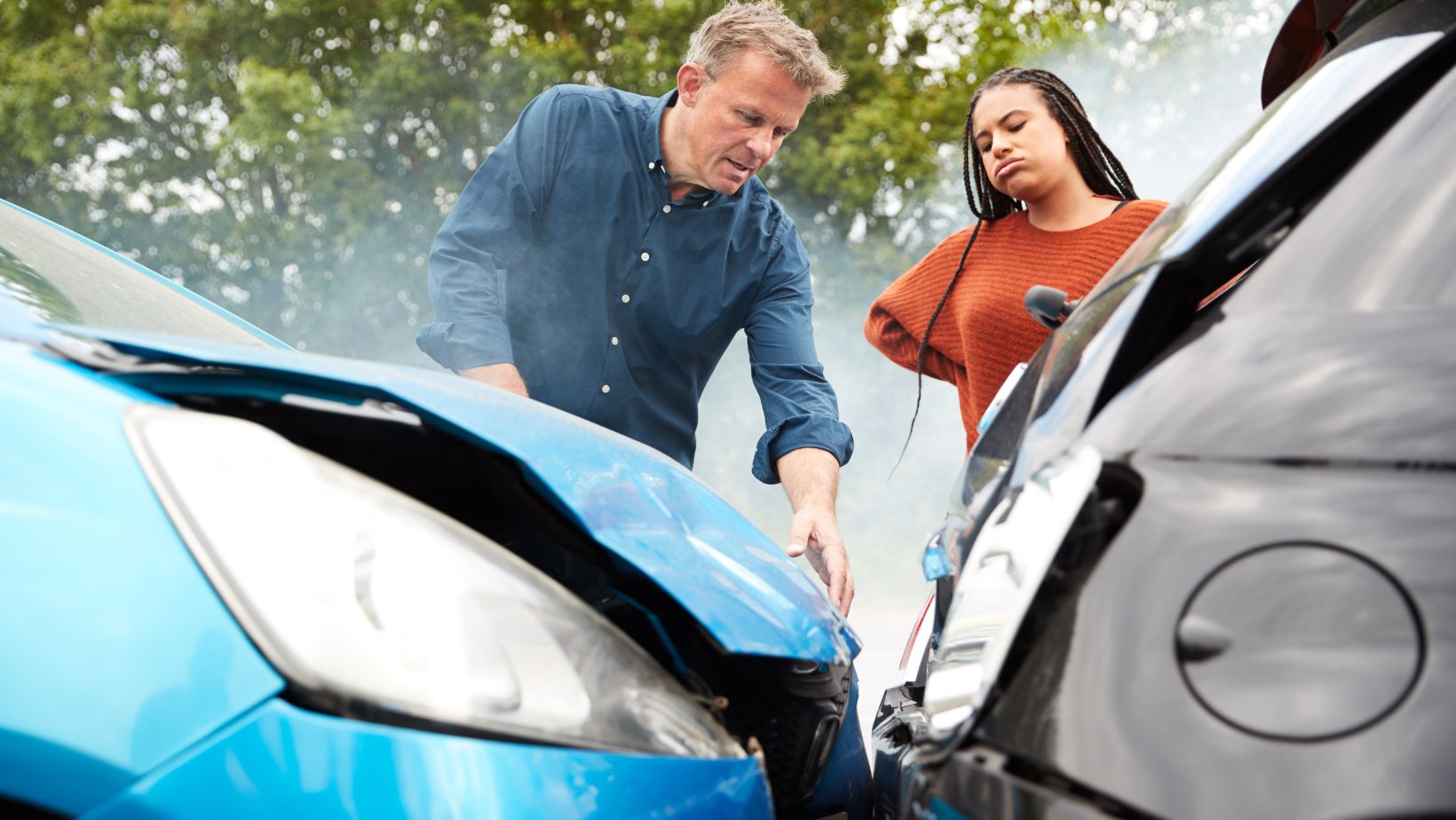Failing to Document the Accident Thoroughly
One of the most crucial steps after a car accident is to thoroughly document the scene. Without proper evidence, proving your case can become significantly more challenging. Make sure to take detailed photographs of all vehicle damage, the accident scene, and any visible injuries. Collect witness statements and their contact details, as these can be invaluable in corroborating your version of events. Common oversights include not capturing images of all angles of damage or forgetting to get contact information from witnesses. A complete and thorough record can make a big difference in the claims process. Visit rtaclaims.co.uk to get expert advice.
Not Seeking Medical Attention Immediately
Even if you feel fine after an accident, it’s essential to seek medical attention right away. Some injuries might not be immediately apparent but can still impact your health and claim. Delays in medical treatment can complicate your claim, as insurance companies might argue that your injuries aren’t as severe as you claim.
Getting a comprehensive medical evaluation and keeping detailed records of your treatment is crucial for supporting your claim. Remember, early medical attention not only safeguards your health but also strengthens your case.
Admitting Fault at the Scene
It’s natural to want to resolve things quickly, but admitting fault or making statements about responsibility at the scene can be problematic. Liability can be complex, and premature admissions can be used against you later in the claims process. In some cases, an at-fault driver may offer to pay out of pocket if their insurance coverage is insufficient, but do not accept anything before you consult with your lawyer. It’s best to stick to the facts and avoid discussing fault with the other parties involved. Simply exchange insurance information and let the claims process determine who is at fault. By avoiding premature admissions, you protect yourself from potential complications that could arise from misstatements.
Settling Too Quickly
Receiving a settlement offer can be tempting, especially when you’re eager to close the case. However, accepting an offer without fully understanding its implications can be risky. Often, initial offers are lower than what you might be entitled to, failing to account for future medical costs or long-term impacts. Before accepting any settlement, evaluate all potential expenses and consult with a solicitor to ensure the offer is fair. Taking the time to assess your options can lead to a more favorable outcome and safeguard your financial interests.
Why You Should Always Be Honest During Car Accident Claims
Car accidents can leave you feeling shaken. Once the adrenaline wears off, you can start to feel angry and upset about the situation. This is particularly true if the crash wasn’t your fault. Then, it’s going to be time to make the car accident claim. This is a process that most people dread. But it’s also a time when you can get compensation and feel better about the situation.
One thing you don’t want to do is lie or exaggerate during a car accident claim. To ensure you navigate the claims process correctly, consider reaching out to Harrell & Harrell car accident attorneys. Let’s take a closer look at why you should always be honest during car accident claims.
Honesty is Greatest
First of all, it’s crucial that you’re honest with the story you tell after a car accident. While you have been through a traumatic incident, experts can only help you if you’re truthful about what you can remember. So, if you feel like some of your actions played a part, explain this to them.

Note that this doesn’t necessarily mean that you’ll have to pay out during a claim. It can just mean that a percentage is taken off of the money you receive.
Car Damage is Telling
Perhaps you believe your story will convince people of what happened in the accident. But experts do more than just listen to you. They’re also going to analyze the damage to the vehicle. They can use their experience to tell how the cars crashed into each other based on what scratches, dents, and damage appear. So, if you exaggerate or lie with your story, this will be found out.
Evidence May Exist
Don’t forget that there could be witnesses to your car accident. They’re going to recall what happened, and dashcam footage might even be available. This is going to be strong evidence for a case, which means it’s important that your story is truthful. Yes, you want to get the compensation you deserve. But this isn’t going to come from a fake story.
Conclusion
Avoiding common mistakes in the car accident claims process is crucial for securing the compensation you deserve. By documenting the accident thoroughly, seeking prompt medical attention, and avoiding premature admissions of fault, you can strengthen your claim. Reporting the accident timely, avoiding quick settlements, and keeping detailed records further ensure your claim’s success. Finally, don’t underestimate the value of legal representation—professional guidance can be a game-changer.





